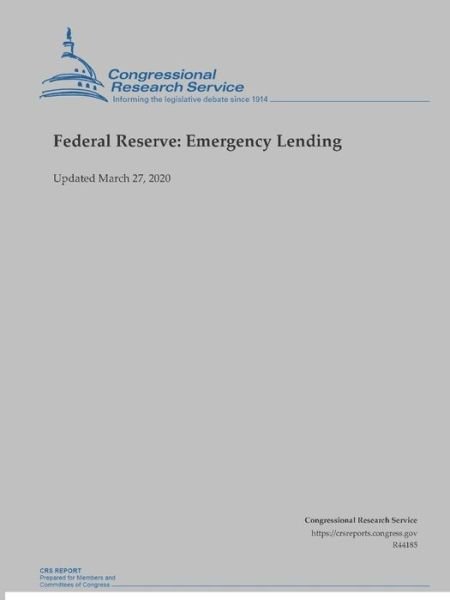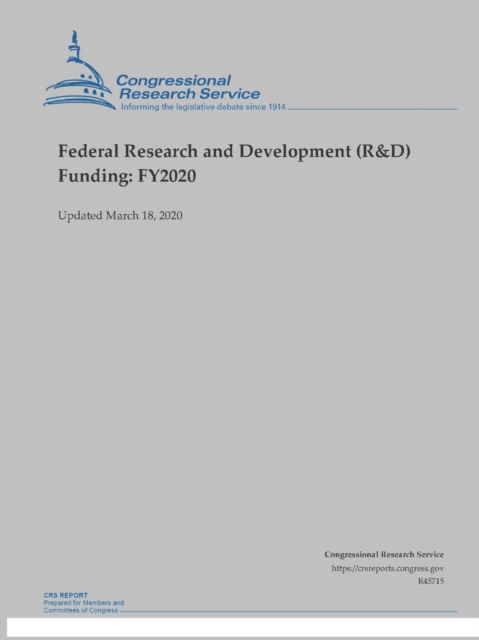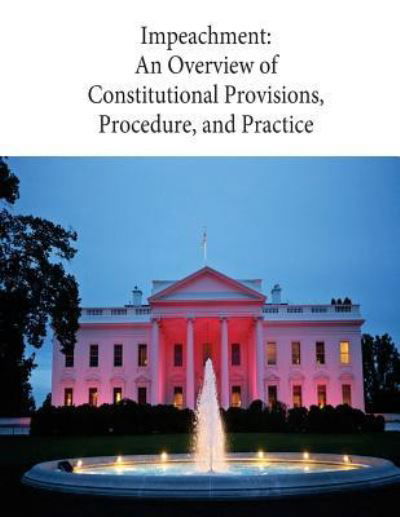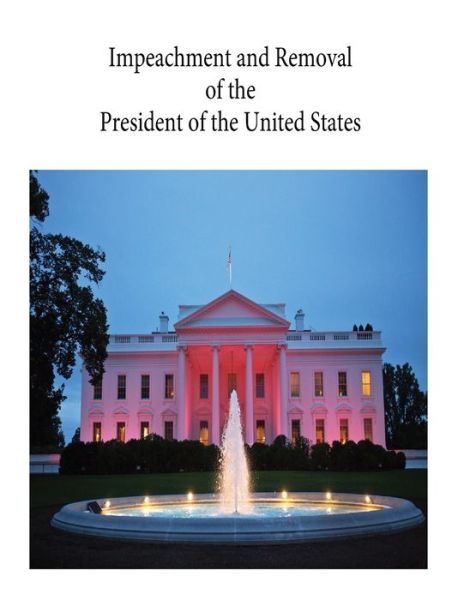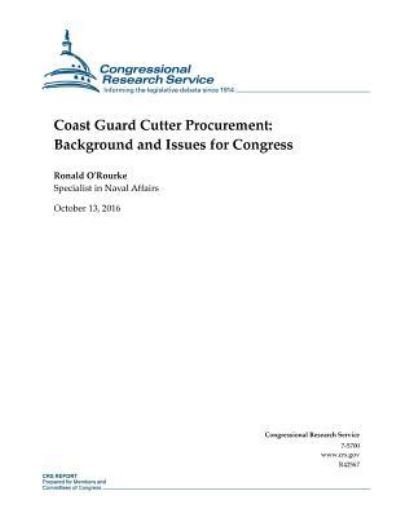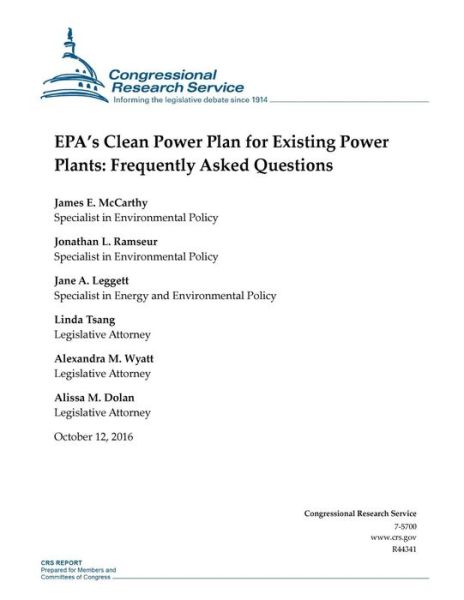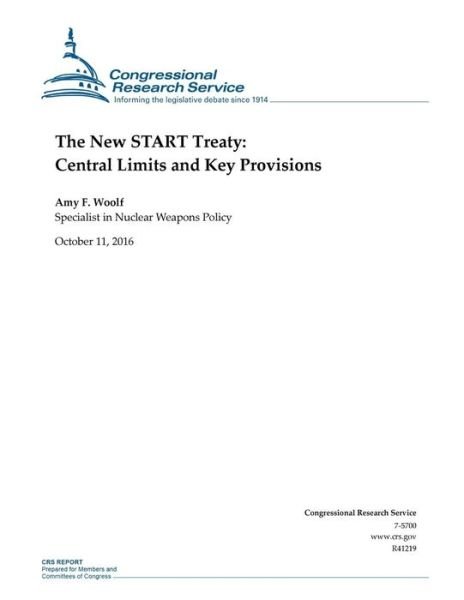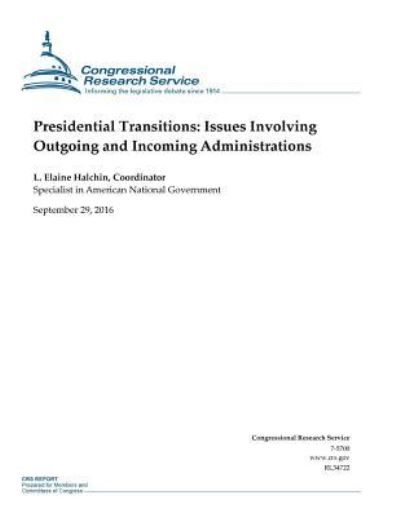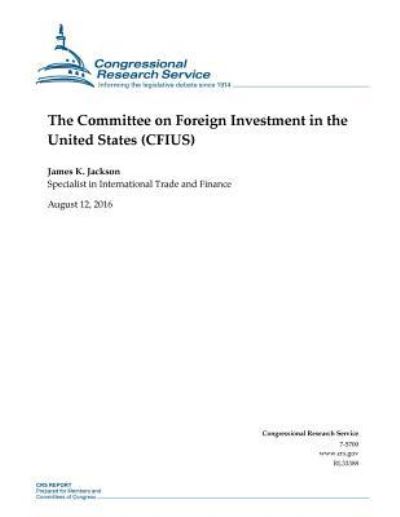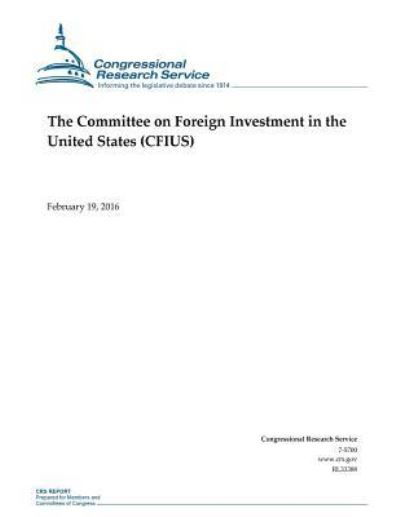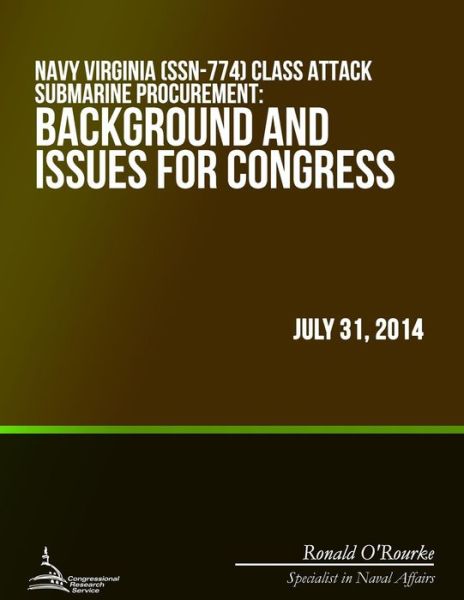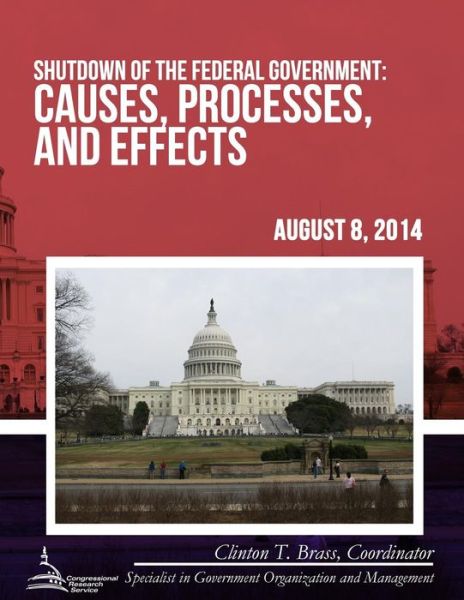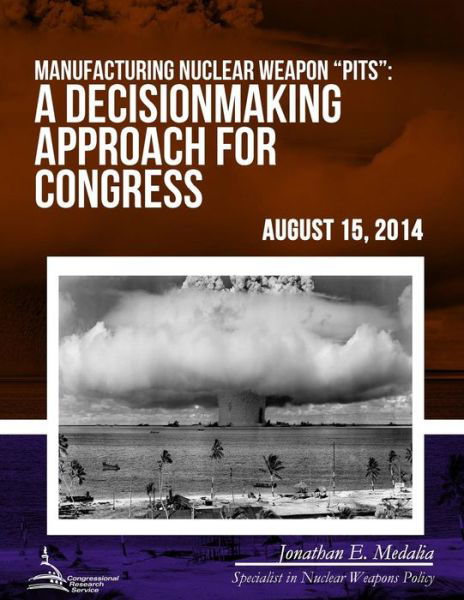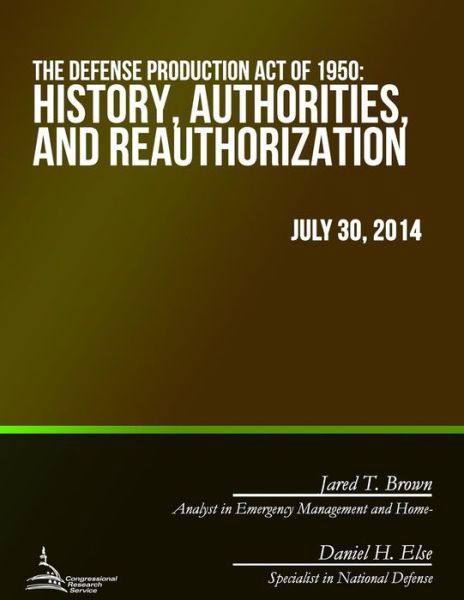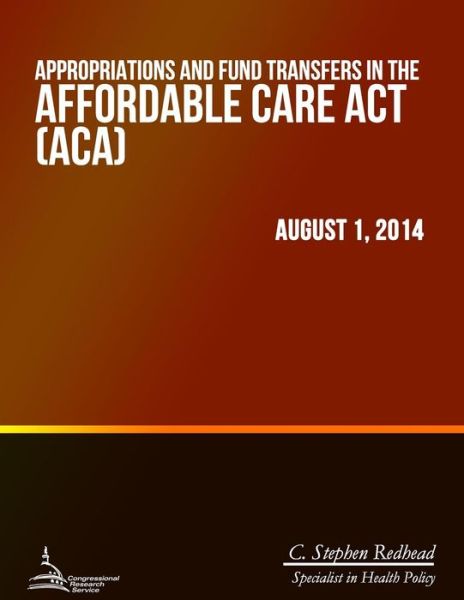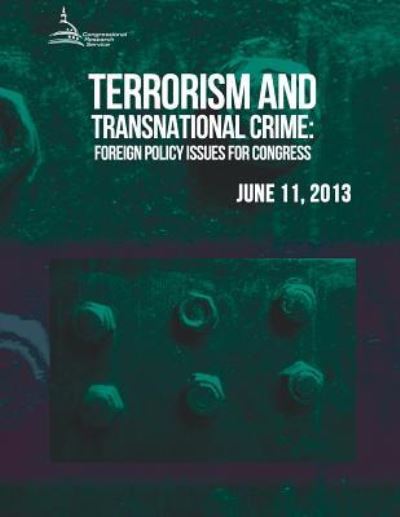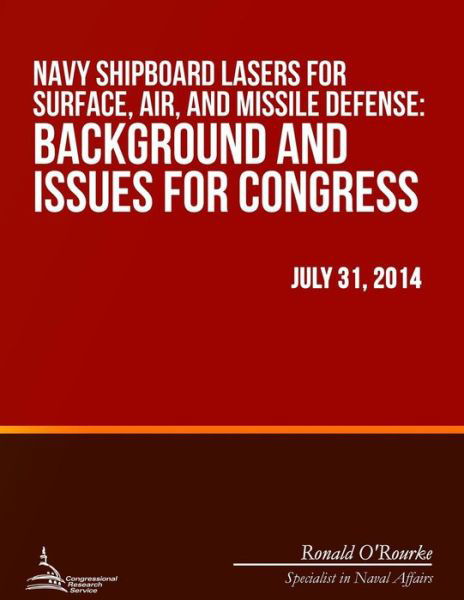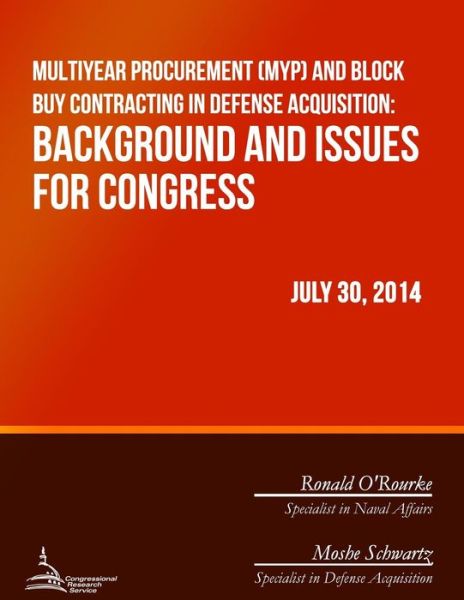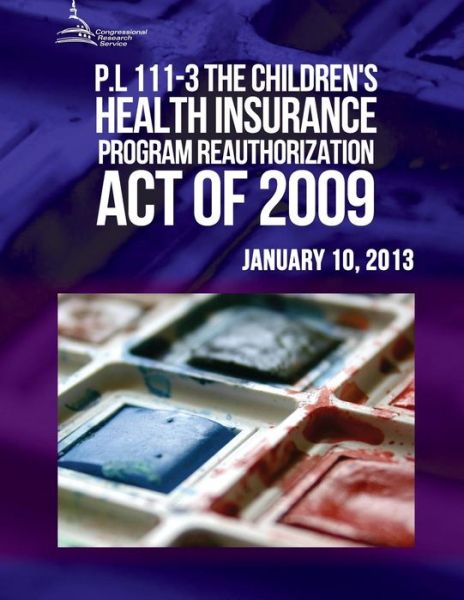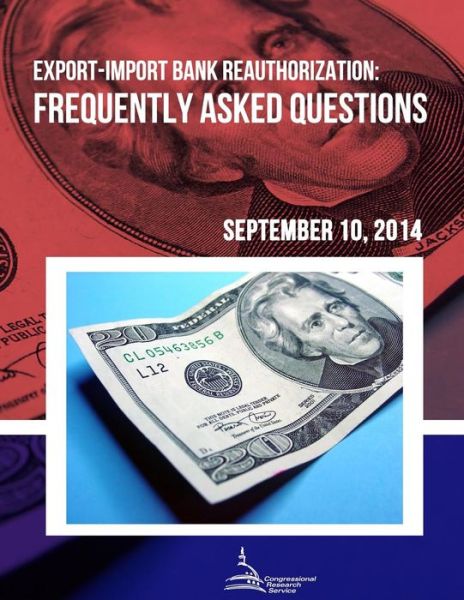
Vinkkaa tuotetta kavereillesi:
Bilateral and Regional Trade Agreements
Congressional Research Service
 Joululahjoja voi vaihtaa 31.1. asti
Joululahjoja voi vaihtaa 31.1. asti

Bilateral and Regional Trade Agreements
Congressional Research Service
Congress plays a prominent role in shaping, debating, and approving legislation to implement trade agreements, and over the past three decades, bilateral and regional trade agreements (RTAs, or free trade agreements (FTAs) in the U. S. context) have become a primary source of new international trade liberalization commitments. The United States has historically pursued FTAs to open markets for U. S. goods, services, and agriculture, and establish trade rules and disciplines to enhance overall domestic and global economic growth. They are actively debated and can be contentious due to concerns over the potential employment effects of greater import competition, among other reasons. RTAs are reciprocal preferential arrangements among two or more parties. Their content has evolved significantly, partly as a result of change in the international economy where new trade barriers have been erected and/or where RTAs may provide a testing ground for new trade rules for potential future multilateral agreement. The United States historically has aimed for comprehensive coverage in eliminating barriers to trade and addressing all sectors in its FTAs. In addition to the reduction and elimination of tariffs and more traditional nontariff trade barriers, U. S. FTAs also cover services trade, enhance intellectual property rights (IPR), provide investment protections, and include enforceable labor and environmental commitments. Some countries pursue more limited agreements-only half of RTAs worldwide cover services and they rarely include labor and environmental provisions. Since 1990, the number of RTAs in force globally has grown six-fold from fewer than 50 to nearly 300. All 164 members of the World Trade Organization (WTO) are now party to at least one RTA; as of 2014 each member had on average 11 RTA partners. The United States began negotiating FTAs in the 1980s, and as of 2018, is party to 14 such agreements involving 20 trading partners. The multilateral trading system, meanwhile, has not produced a broad set of new trade liberalization agreements (excluding more limited scope agreements, such as the Trade Facilitation Agreement) since the Uruguay Round, which also established the WTO in 1995. In the current environment of stalled multilateral negotiations, RTAs provide an alternative venue to pursue trade liberalization and establish new rules on emerging issues. RTAs are, however, inherently discriminatory given their limited membership (i.e., they provide preferential treatment to some countries and not others), leading to debate over their global economic effect and whether they serve to facilitate future multilateral agreements or lead to the creation of competing trade blocs. U. S. exporters benefit from the preferential aspects of FTAs when they gain better access to FTA partner markets than their foreign competitors, but may be similarly harmed when third parties negotiate agreements that do not include the United States. In some ways, the United States has pulled back from its recent FTA policy. Under the Obama Administration, the United States pursued two major regional FTA negotiations, the Trans-Pacific Partnership (TPP) including Japan and 10 other Asia-Pacific nations, and the Transatlantic Trade and Investment Partnership (T-TIP) with the European Union. These FTAs would have nearly doubled the share of U. S. trade occurring with FTA partners. The Trump Administration, however, has criticized existing FTAs, withdrawn the United States from the concluded but not enacted TPP, placed the T-TIP negotiations on hold, and initiated renegotiation or modification of the largest U. S. FTAs with Canada, Mexico, and South Korea. The Administration has also stated its intent to negotiate future FTAs on a bilateral rather than multi-party basis.
| Media | Kirjat Paperback Book (Kirja pehmeillä kansilla ja liimatulla selällä) |
| Julkaisupäivämäärä | lauantai 2. kesäkuuta 2018 |
| ISBN13 | 9781720648710 |
| Tuottaja | Createspace Independent Publishing Platf |
| Sivujen määrä | 70 |
| Mitta | 216 × 279 × 4 mm · 185 g |
| Kieli | English |
Lisää tuotteita Congressional Research Service
Katso kaikki joka sisältää Congressional Research Service ( Esim. Paperback Book Ja Book )


